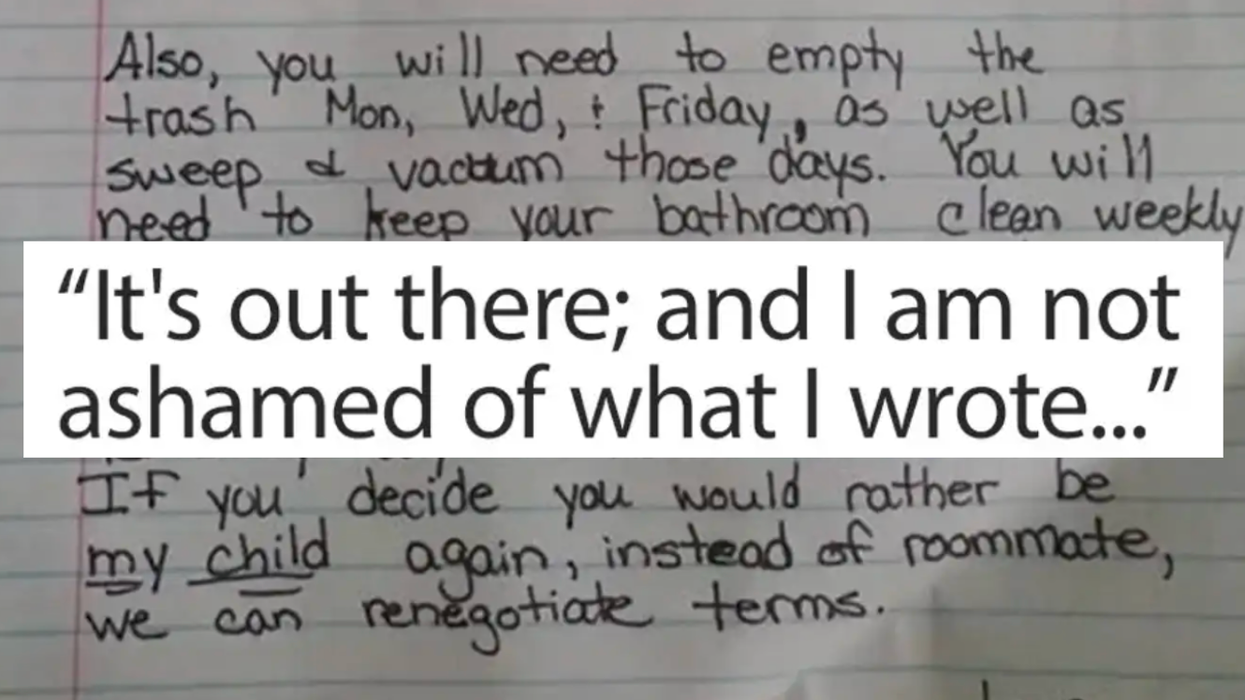In the past two weeks, we bailed out Fannie Mae and Freddie Mac, Merrill Lynch was sold at fire sale prices, Lehman Brothers went bankrupt, and the U.S. government stepped into take an 80% ownership in AIG, the largest insurance company in the nation, on the brink of its collapse.
Notice there's not any good news in there. Wall Street's glass is, depending on your perspective, either not at all full or completely empty.How did this happen? First, there's the technical answer. This prescient March article, from Moneyweek, explains how Wall Street used acronyms, jargon, smoke, and mirrors to built shiny penthouses on a mountain of trash.Second, there's Phil Gramm, who pushed to deregulate Wall Street. You may remember him as the guy who called you a whiner when you noticed your retirement fund was evaporating. His storied career in financial black magic includes co-authoring the "Enron loophole" and graciously accepting more than $1 million from the securities and investment industry between '95 and 2000. He also pushed through much of the legislation that led to our current mess. The Nation explains:"The mortgage swaps distancing the originator of the loan from the ultimate collector were made legal only as a result of the Commodity Futures Modernization Act, which former Senator Phil Gramm, R-Texas, pushed through Congress just hours before the 2000 Christmas recess. Gramm, until recently co-chair of the McCain campaign, also had co-authored the Gramm-Leach-Bliley Act, which became law in 1999 with President Bill Clinton's signature. That gem, which Gramm had pushed for years with massive financial industry lobbying, destroyed the Depression-era barrier to the merger of stockbrokers, banks and insurance companies. Those two acts effectively ended significant regulation of the financial community, and no wonder we have witnessed an even more rapid and severe meltdown in housing values than during the Great Depression."Don't give up Phil. Just keep fighting for small government no matter how many insurance companies or mortgage behemoths we have to nationalize in the process.















 Otis knew before they did.
Otis knew before they did.